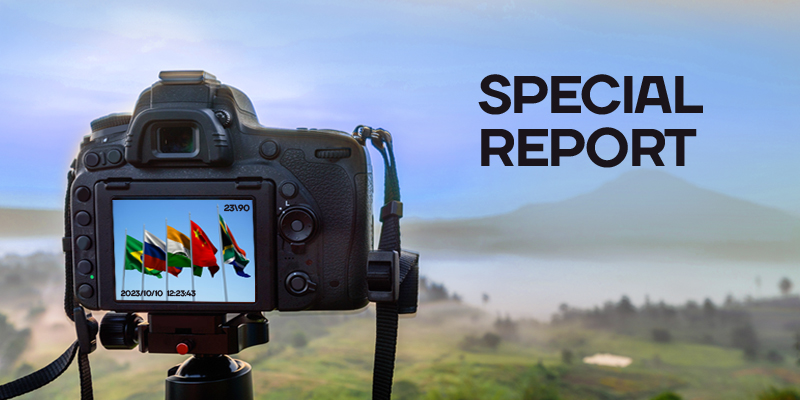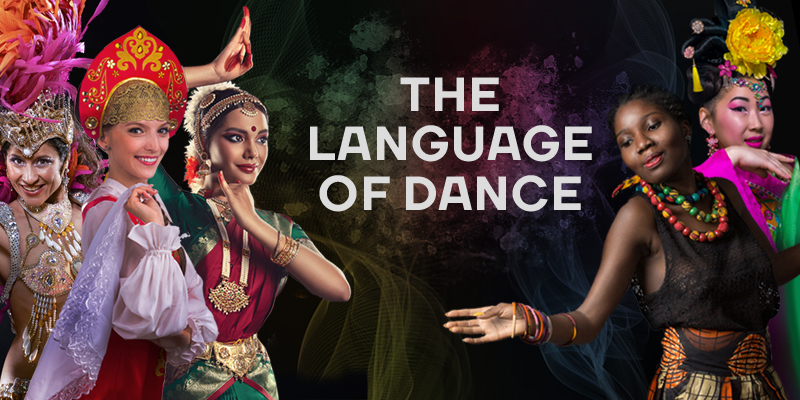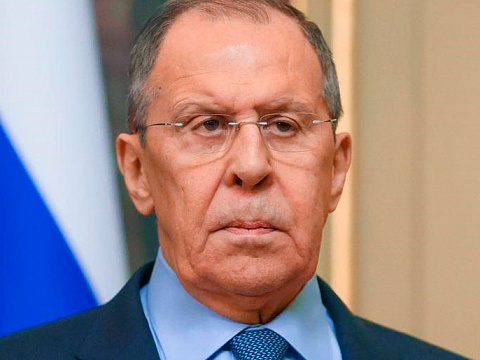Researches That "Make You Smile First, and Think Next"
The Ig Nobel Prize Ceremony has been already held 29 times in Harvard University, Sanders Theatre.
The prize has been awarded to 10 strangest and doubtful achievements in different spheres. In many cases, they not only have no practical value, but even their subjects sound hilarious. This year’s topic was announced as "Habits", the correspondent of tvbrics.com reports.
The prizes were handed by real Nobel laureates: in 2019, these were Eric Maskin who received Nobel in economics, Rich Roberts, the winner in medicine and physiology, and physicist Jerome Friedman. Mark Abrahams hosted the ceremony, which turned the awarding into a real comedy show.

So many researches have been celebrated in nearly 30 years of existence of the award! For example, in 2010, everyone was struck by a non-traumatic method of removal of whales’ snivels with the help of a helicopter and remote control. And in 2016, German scientists proved that if the right hand itches, you can look in a mirror, scratch the left one, and – lo and behold! – the itch in the right hand will decrease. Ig Nobel Prize winners also found out by how many millimeters human’s ears grow every year, and how curses reduce pain threshold. Ig Nobel work in psychology proved that humiliation of boss’s voodoo doll strengthens mental health of employees.
Once it even happened that an Ig Nobel Prize winner became a Nobel Prize winner. This is the Russian physicist Andre Geim, an Ig Nobel Prize 2000 winner. He analyzed the behavior of levitating frogs suspended in magnetic field: "Flying Frogs and Levitrons". Nevertheless, later Geim got the Nobel medal for the invention of technology of graphene synthesis — the modern material, a single layer of atoms of carbon which promises more breakthroughs in various areas. What is more, this world-known scientist, according to the decree of Queen Elizabeth II, for merits for science, has been entitled a Knight Bachelor, with the right to add prefix "sir" to his forename. He is also a Member of the London Royal Society and the foreign member of the US National Academy of Sciences.
The Following researches struck the jury of Ig Nobel Prize in 2019:
1. Taiwan scientists Patricia Yang and David Hu won the award in Physics, they studied how wombats manage to poop in cubes.
This couple of Ig Nobel Prize winners, by the way, have already became nominees for "the law of urination" – the proof of the same 21 seconds spent on this process by all mammals.
2. French winners in Anatomy nomination compared scrotum temperature of the naked and dressed men. It turned out that the dressed men’s left testis is usually warmer than the right one. Researches for some reason were conducted in mail carriers.
3. Silvano Gallus from Italy proved that pizza made and eaten in Italy will help to keep health and lower a risk of digestive cancer mortality. For this, he won an award in Medicine.
4. Karen Pryor and Theresa McKeon defined a training method of medical students using the experience of animal training: with the help of sound signals like tongue clicking usually used in dog training. They called their scientific work "Training of conditioned reflex in conducting orthopedic transactions". For it, they won an award in the field of medical education.
5. Perhaps, one day the knowledge about the daily salivary discharge in a healthy five-year-old child will also be useful. A Japanese scientist made these calculations, conducting experiments on his own children: for example, he weighed bananas, then his three sons chewed them, and the scientist sent this chewed paste to scales again. As a result, he recorded that a five-year-old produces about 0.5 liters of saliva daily. He won his award in Chemistry nomination.
6. Prize in Biology was awarded to an international team of scientists from six countries: Singapore, China, Australia, Poland, USA, and Bulgaria. They once became concerned about duration of magnetism in live and dead cockroaches. It became clear that magnetized dead cockroaches keep magnetic properties longer than live insects. As a result, their scientific work "In-vivo biomagnetic characterisation of the American cockroach" was awarded at the 2019 Ceremony.
7. The invention by engineer Iman Farahbakhsh from Iran proves that "laziness is the progress driver". He not only invented but also patented a diaper-changing device.
8. The Ig Nobel Prize in Economy now belongs to a group of scientists who found out which country’s banknotes transfer pathogenic bacteria best of all. It turned out that the dirtiest local banknotes belong to Romanian leu. Bacteria live on Romanian cash longer because of polymers used for fight against counterfeits and better durability.
9. German scientist Fritz Strack won the prize in the field of Psychology. He allegedly found out that a pen in a mouth makes a person smile and raises spirits, but then found out that it is not true.
10. And the team of scientists from Britain and Singapore won the prize in the Peace nomination. They tried to measure pleasure of the person who finally manages to scratch the itching body part.
All winners were presented with a diploma and a simple art work, which can be used as a holder for a coffee cup, a pack of chewing gum, a toothbrush, and many other objects associated with habits. And on top of all, there was a monetary prize of 10 trillion Zimbabwean dollars in one banknote, which is equal to about 40 USA cents.
But the amount of remuneration is a minor point – after all, the main objective of the Ig Nobel Prize consists in attracting interest in science.
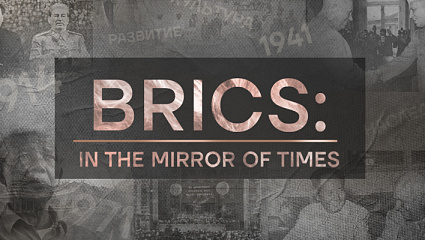
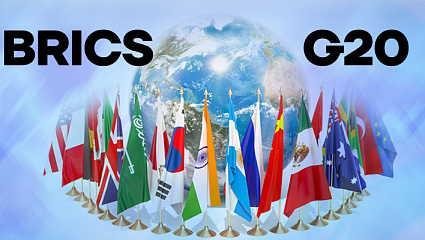

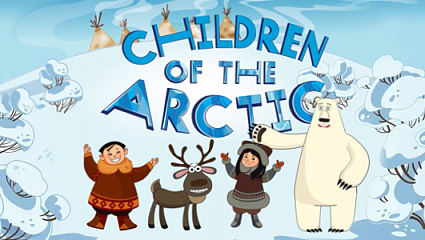
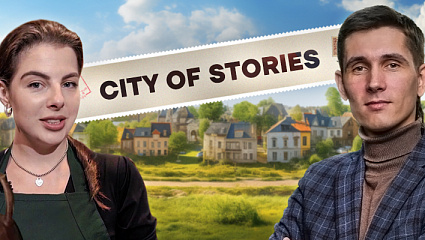


 DIGITAL WORLD
DIGITAL WORLD









